T-SQL Tuesday #189: How Is AI Changing Your Career?
August 5, 2025
I am honored and humbled to be hosting this month’s T-SQL Tuesday – edition #189. T-SQL Tuesday is the brainchild of Adam Machanic (Blog |LinkedIn), , who sent out the first invitation in December 2009. It is a monthly blog party on the second Tuesday of each month. Currently, Steve Jones (Blog|LinkedIn) organizes the event and maintains a website with links to all previous posts. Everyone is welcome to participate!

This month, we’ll explore: How is AI changing our careers?
Welcome to another edition of T-SQL Tuesday, the monthly blog party for the SQL Server community! I’m Taiob Ali, your host for this month, and I’m excited to invite you to share your thoughts on a topic that’s reshaping our industry at lightning speed:
💡 How Is AI Changing Your Career?
“AI won’t take your job. But someone who knows how to use AI will.”
— Widely attributed to Andrew Ng, AI pioneer
Here are some of the AI tools data professionals are integrating with their day to day work:
1. GitHub Copilot
- Assists with writing T-SQL, PowerShell, and other scripts.
- Suggests code completions, optimizations, and documentation.
2. ChatGPT / Azure OpenAI
- Used for generating T-SQL queries, explaining execution plans, and summarizing documentation.
- Helps troubleshoot errors and brainstorm schema designs.
3. SQL Server 2025 and Azure SQL with Built-in AI
- Features like Intelligent Query Processing, Query Store Hints, and Parameter Sensitivity Plan (PSP) use AI to optimize performance.
- Azure SQL Database integrates with Cognitive Services and ML models for intelligent apps.
4. Azure AI Studio / ML Studio
- Enables integration of machine learning models with SQL databases.
- Supports predictive analytics and anomaly detection directly from SQL pipelines.
5. Vector Search and Semantic Search
- Tools like Azure AI Search, Pinecone, and Weaviate allow storing and querying vector embeddings.
- Useful for semantic search, document similarity, and AI-powered knowledge bases.
6. Power BI with Copilot
- AI-assisted report generation, natural language querying, and automated narrative generation.
- Integrates with Azure OpenAI for enhanced data storytelling.
7. dbt
- dbt Copilot can generate SQL code, documentation, tests, metrics, and semantic models using natural language prompts.
8. DataBricks AI Functions
- Offers native support for LLMs and vector search.
- Integrates with Delta Lake and Unity Catalog for secure AI workflows.
9. Oracle AI Vector Search / Snowflake Cortex
- Competing platforms are embedding AI into their SQL engines for LLM-powered search and analytics.
10. Custom Copilots & Plugins
- Many teams are building internal copilots using OpenAI APIs to assist with database documentation, query generation, and data quality checks.
For this month’s T-SQL Tuesday, I want to hear from you:
- Are you using any of the AI tools mentioned above—or others—in your database development, administration, or data analysis work?
- Have these tools changed how you write T-SQL, PowerShell, Python, or other code? Are they influencing how you optimize queries or design architectures?
- What new skills are you developing to stay ahead of the curve?
- Are you concerned about AI’s impact on your role, your team, or the industry as a whole?
- Are AI tools saving you time that you can use for other work?
- How are you adapting to these fast-paced changes?
Deeper Reflections on AI and Career Transformation
AI is accelerating the pace of innovation across industries—but paradoxically, many organizations still face a shortage of skilled professionals in data and analytics. According to a 2024 Pluralsight study, 78% of companies had to abandon key projects due to a lack of employees with the right technical expertise.
So, while there’s plenty of talk about AI replacing jobs, it’s also creating exciting new opportunities. The most critical gaps today are in highly technical areas like cloud architecture, cybersecurity, software engineering, and data engineering—fields where demand far exceeds supply.
This raises some important questions:
- Are you optimistic about the opportunities where AI is opening up in your field?
- How are you preparing yourself or your team to meet the evolving demands of the industry?
- What skills are becoming more valuable in your role—and how are you acquiring them?
- Do you see AI as a tool that enhances your capabilities, or as a challenge to your current expertise?
Whether you’re diving headfirst into AI adoption or taking a more cautious approach, your insights are valuable. Let’s explore how AI is reshaping our careers—and how we can grow alongside it.
📜 T-SQL Tuesday Rules
To participate:
- Write a blog post on the topic “How Is AI Changing Your Career?”.
- Include the phrase “T-SQL Tuesday #189”
- Link back to this invitation post so others can find it.
- Schedule your post to go live on Tuesday, August 12, 2025 (the second Tuesday of the month).
- Share your post on social media (LinkedIn, Twitter, Bluesky ) using the hashtag #tsql2sday.
Optional but appreciated: Leave a comment on this post with a link to your contribution so I don’t miss it!
I am looking forward to reading your insights and learning how AI is shaping your journey!

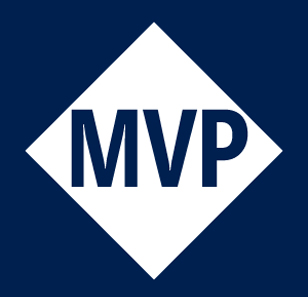
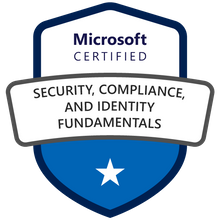
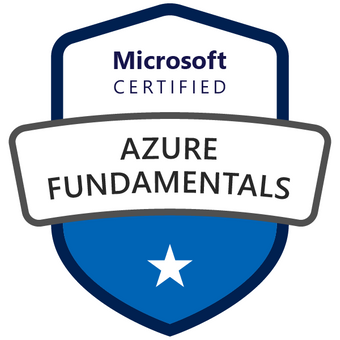
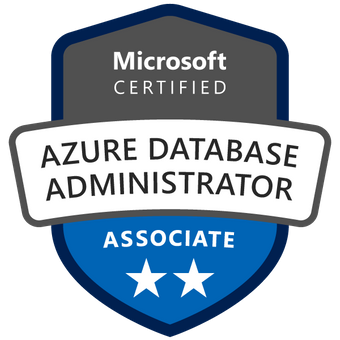
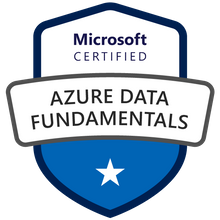
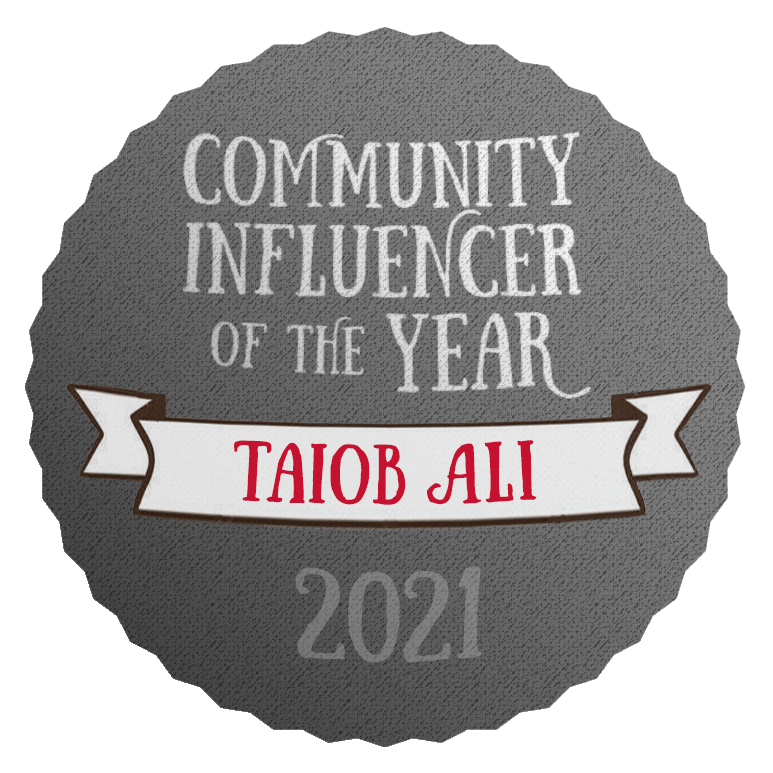







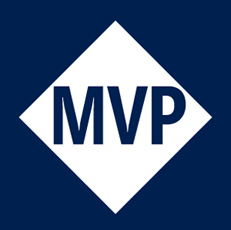


8 replies on “T-SQL Tuesday #189: How Is AI Changing Your Career?”
Thanks Taiob! https://lobsterpot.com.au/blog/2025/08/12/ais-impact-on-careers/
My contribution for this month, thanks for hosting:
https://www.kevinrchant.com/2025/08/12/t-sql-tuesday-189-how-ai-is-changing-my-career/
Thanks for hosting Taiob!
https://sqlbek.wordpress.com/2025/08/12/t-sql-tuesday-189-musings-on-ais-impact-at-work/
Great topic idea! Here’s my post: https://www.brentozar.com/archive/2025/08/to-managers-ai-is-like-outsourcing/
Thanks for hosting! Here’s my contribution: https://debthedba.wordpress.com/2025/08/12/t-sql-tuesday-189-ai-all-the-things/
Thanks for hosting Taiob, great choice for a topic!
https://andybrownsword.co.uk/2025/08/12/t-sql-tuesday-189-me-myself-and-ai/
Late but still made it. Thanks for hosting. https://curiousaboutdata.com/2025/08/13/tsql-tuesday-189-how-is-ai-changing-our-careers/
https://voiceofthedba.com/2025/08/13/t-sql-tuesday-189-ai-and-your-career/